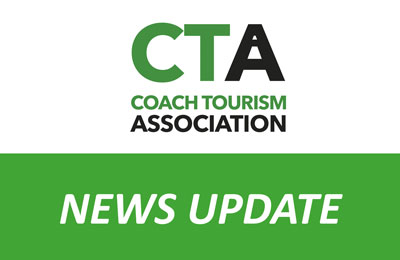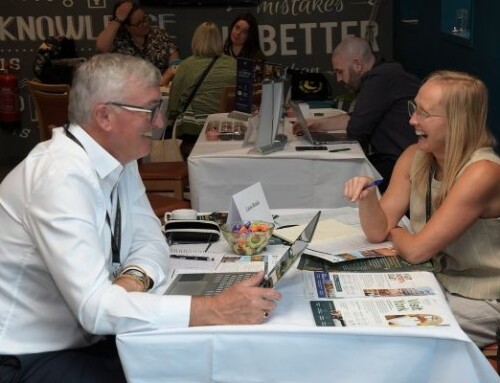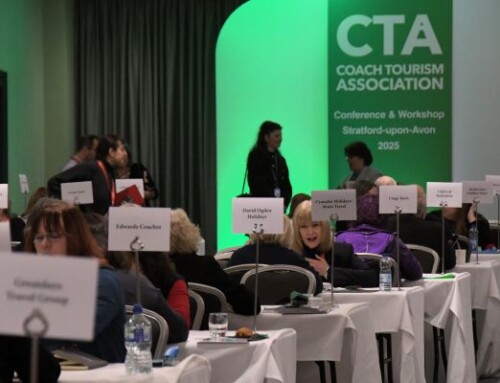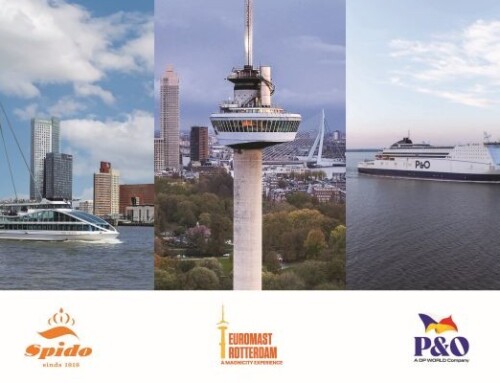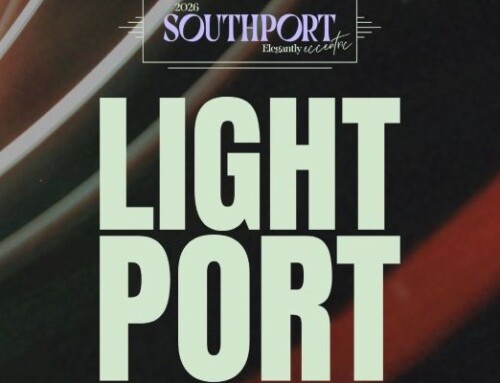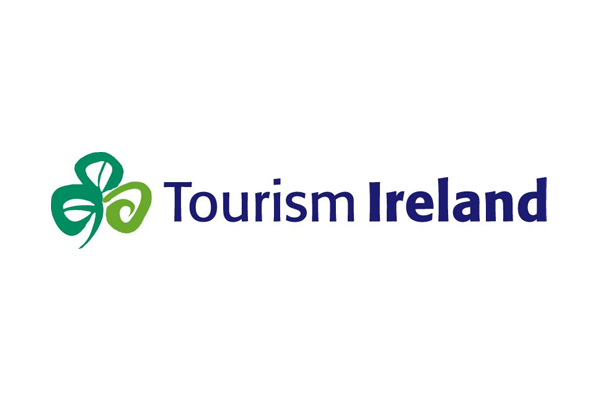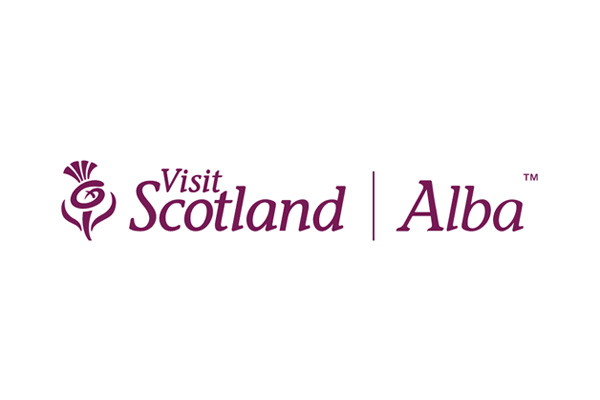COVID-19 Updates – week commencing 14/09/20
More updates of developments from the government and various links to interpretation and guidance.
Go to date:
16 September 2020 …
Tourism Alliance updates:
Consumer tracker report from VisitBritain (Week 14)
Visitbritain has published the latest UK COVID-19 Consumer Tracker Report for week 14, based on fieldwork from 31 August – 4 September (please note this took place before the ‘rule of six’ announcement). The tracker will run fortnightly until February 2021.
Some highlights from the report:
- While just 16% feel ‘the worst has past’, there’s been a significant decline in the proportion of adults who believe ‘the worst is yet to come’ at 41% (versus 46% in wave 13). There continues to be very little expectation that ‘normality’ in our lives will be returning anytime soon, as only 11% are expecting ‘normality’ by December (compared to 18% last wave).
- 27% of adults have taken an overnight trip during July and August, compared to 15% who expected to take a summer staycation when surveyed in June. 61% of these trips were self-defined as holidays, while a third (33%) were VFR, indicating they may have been more spontaneous than other leisure trips.
- The leading holiday destination type for those who took a trip during July-August is ‘countryside or village’. However, if we include VFR and Business trips, then ‘city or large town’ emerges with the highest share overall.
- In-line with intentions, ‘caravan/camping’ was the leading accommodation type people stayed in, closely followed by a ‘private home’ (which could include staying at a friend’s house or renting an Airbnb).
- The South West received the highest share of visitors at 17% of holidays and 15% of all visits during the July-August period.
- 43% of U.K. adults expect to be taking the same number or more domestic short-breaks over the rest of the year compared to normal and 42% express this for holidays respectively.
- Confidence in the ability to take a (hypothetically booked) UK holiday during September is marginally up at 38% (vs 35% last wave) however, this metric doesn’t really start building until the New Year.
- The main reason cited among those lacking confidence is having ‘concerns about catching COVID-19’ but ‘personal finances’ is increasingly becoming a concern (the second and third most cited reason for the autumn and winter periods respectively).
- Of the reassurances people are seeking in order to feel comfortable staying in a hotel, the leading categories are measures to reduce contamination (e.g. hand sanitisers and enhanced cleaning regimes) and measures designed encourage social distancing. Offering free cancellations also continues to remain important, being the third most cited individual reason overall, with 55% of mentions.
- 19% anticipate taking an overnight trip during Sept-Oct, with a further 21% intending to take a trip between November-March.
- Uncertainty is evident as approximately half of Sept-Oct intenders are yet to book, or indeed reach the planning stage of their trip. The levels of planning and booking winter trips are understandably lower at 29% and 19% respectively.
- In terms of region/nation likely to be visited between now and the end of October, the South West continues to dominate with 19% of intenders citing this as their destination, followed by Scotland and Yorkshire & the Humber (both on 12%).
- ‘Countryside or village’ is the leading destination type for summer (35%), autumn (38%) and winter (36%), while intention to travel to a ‘city or large town’ jumps significantly from autumn (21% of intended trips) to winter (34%).
- Almost half of autumn intenders would ideally book their accommodation directly (e.g. with the hotel company or owner). Among winter intenders, the preferred channel to use is an online travel website (e.g. Expedia). This difference is likely to be partly linked to the younger profile of those planning trips during the winter period.
Advice on latest Covid guidance
The FAQ below and the Primary Guidance for different business sectors remains the best resource for this. We are expecting further guidance for tourism businesses that confirms the ability for businesses to undertake group tours and for accommodation and attractions businesses to accept these groups and this should be out shortly.
What You Can and Can’t Do FAQ
The Government guidance on what is allowed under the new Rule of Six has been updated. One aspect to be aware of is the following exceptions from the Rule of Six
-
- weddings and civil partnership ceremonies and receptions – up to 30 people, in a public place
- funerals – up to 30 people. This does not include wakes, other than for religious ceremonial purposes.
- other religious and belief-based life cycle ceremonies – up to 30 people, in a public place. This only covers the ceremonies, and does not include celebrations of these events.
This means:
-
- “Life Events” is limited to religious events so does not include things like Birthdays, Anniversaries or Retirement parties
- You are only allowed 30 people for a reception after a wedding – for Funerals and all other Life Events, the maximum is 6
Kickstart Scheme
There has been an update the Kickstart Guidance to clarify that the £300 funding for employer representatives is for each job placement.
https://www.gov.uk/guidance/check-if-you-can-apply-for-a-grant-through-the-kickstart-scheme
Bolton and the Rule of Six
Another piece of clarification is that the Rule of Six doesn’t apply to Bolton – the restriction there is people cannot meet-up with anyone from outside their household.
https://www.gov.uk/guidance/bolton-local-restrictions
Transport Use
DFT’s latest transport use update suggest that few commuters have returned to offices as national rail usage has actually declined from 40% to 30% of usual since the 24th August. There has been an increase in bus use outside London but there has been no discernible change in public transport use in London for a month.
https://www.gov.uk/government/statistics/transport-use-during-the-coronavirus-covid-19-pandemic
FCA Coronavirus Disruption Insurance Judgement
The FCA has been seeking a court ruling on the validity of the Business Disruption insurance with regard of to the Coronavirus Outbreak. This test case used a sample of 21 different types of policy wording from eight different insurers.
The judgement on this case has now been published and, in general terms, it represents a considerable step forward. While the judgment is long and complex for a number of reasons (including the fact that the wording of different insurance policies varies significantly) the FCA’s press release states that judgment concludes that most, but not all, of the “disease clauses” in the insurance policies considered, do provide cover for business. It also says that certain “denial of access” clauses in the sample provide cover, but this depends on the detailed wording of the clause and how the business was affected by the Government response to the pandemic, including whether the business was subject to a mandatory closure order and whether the business was ordered to close completely.
The test case has also clarified that the Covid-19 pandemic and the Government and public response were a single cause of the covered loss, which is a key requirement for claims to be paid even if the policy provides cover.
The FCA and Defendant insurers are now considering the judgment and what it might mean in respect of any appeal. Any applications to appeal will be heard at a consequentials hearing before the High Court.
Invitation to speak FCA legal team
The legal team has set aside time on 21 and 22 September to speak directly with policyholders and intermediaries and their legal advisers regarding this judgement. They will consider meeting requests made by 5pm on Thursday 17 September. A request can be emailed to biinsurancetestcase@fca.org.uk stating only the word ‘Meeting’ in the subject line of the email and stating your availability in the body of the email. If you would like to talk about a particular policy, email the policy document as well as any correspondence from your insurer regarding whether your claim is potentially affected by the test case.
Here’s a copy of the FCA Press release
https://www.fca.org.uk/news/press-releases/result-fca-business-interruption-test-case
And here’s a copy of a summary of the Judgement put together by the FCA’s legal team
Elman Wall webinar
Here is a registration link for CTA members to join the next Elman Wall webinar on 6 Oct at 14.00. The session will include HR employment specialist and a panel of experts.
https://us02web.zoom.us/meeting/register/tZwvcuqurTkiHtwpqjNIkzGuu6UsSQVbrJJQ
